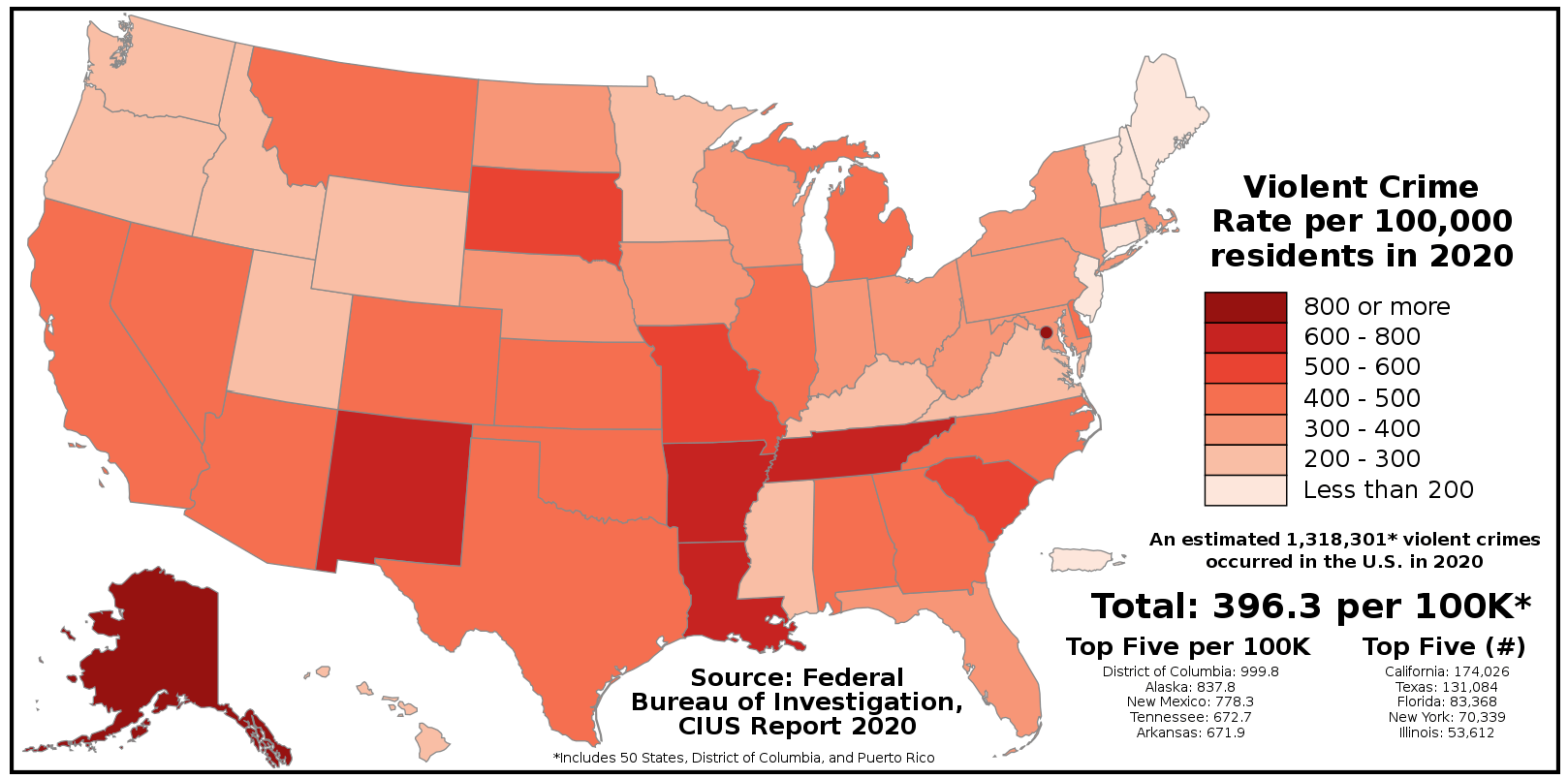Why are Crime Statistics Important?
First Published on 13 July 2023.
Repost of medium.com/@harshaan.chugh
Introduction:
Crime statistics play a crucial role in shaping policies, allocating resources, and assessing the effectiveness of crime prevention strategies. However, accurately measuring crime is a complex task that relies on various methods and data sources. This post aims to provide an overview of different approaches to measuring crime, their limitations, and the challenges associated with international comparisons.
Law Enforcement Reports:
One method of collecting crime data is through law enforcement reports, which document crimes reported to and recorded by the police. While these reports offer valuable insights into reported crimes, they suffer from under-recording as not all crimes are reported to the police. Factors such as fear of reprisal, lack of trust in law enforcement, or the perception that the crime is not significant can contribute to under-reporting. Additionally, law enforcement reports may not capture offenses against children comprehensively, further limiting their utility.
Victimization Surveys:
To overcome the limitations of law enforcement reports, victimization surveys are conducted to estimate the extent of unreported crime. These surveys rely on individual memory and honesty, where participants are asked about their experiences as victims of crime. Victimization surveys provide valuable information about the “dark figure” of crime, i.e., the unreported or hidden crimes. They also shed light on the factors influencing reporting, such as the seriousness of the offense and the victims’ relationship with the offender.
However, victimization surveys also have their drawbacks. The accuracy of self-reported crime depends on participants’ perception and understanding of what constitutes a crime, which can vary across individuals and cultures. Moreover, comparing survey data between jurisdictions is challenging due to differing methodologies and definitions of crimes. Despite these limitations, victimization surveys are useful for assessing crime trends and understanding the factors influencing reporting behavior.
International Comparisons:
Comparing crime statistics between countries is a complex task due to variations in laws, reporting practices, and cultural differences. Nevertheless, efforts have been made to establish standardized surveys like the International Crime Victims Survey, which aims to harmonize definitions and methodologies across participating countries. Such initiatives facilitate cross-national comparisons and provide insights into global crime trends.
Counting Rules:
Counting rules also impact crime statistics. Different jurisdictions have varying criteria for counting offenses, including the threshold for initiating a case, multiple reports of the same offense, and recording the most serious offense during a single act of offending. These variations can affect the reported numbers and make direct comparisons challenging.
editor's pick
news via inbox
Nulla turp dis cursus. Integer liberos euismod pretium faucibua

